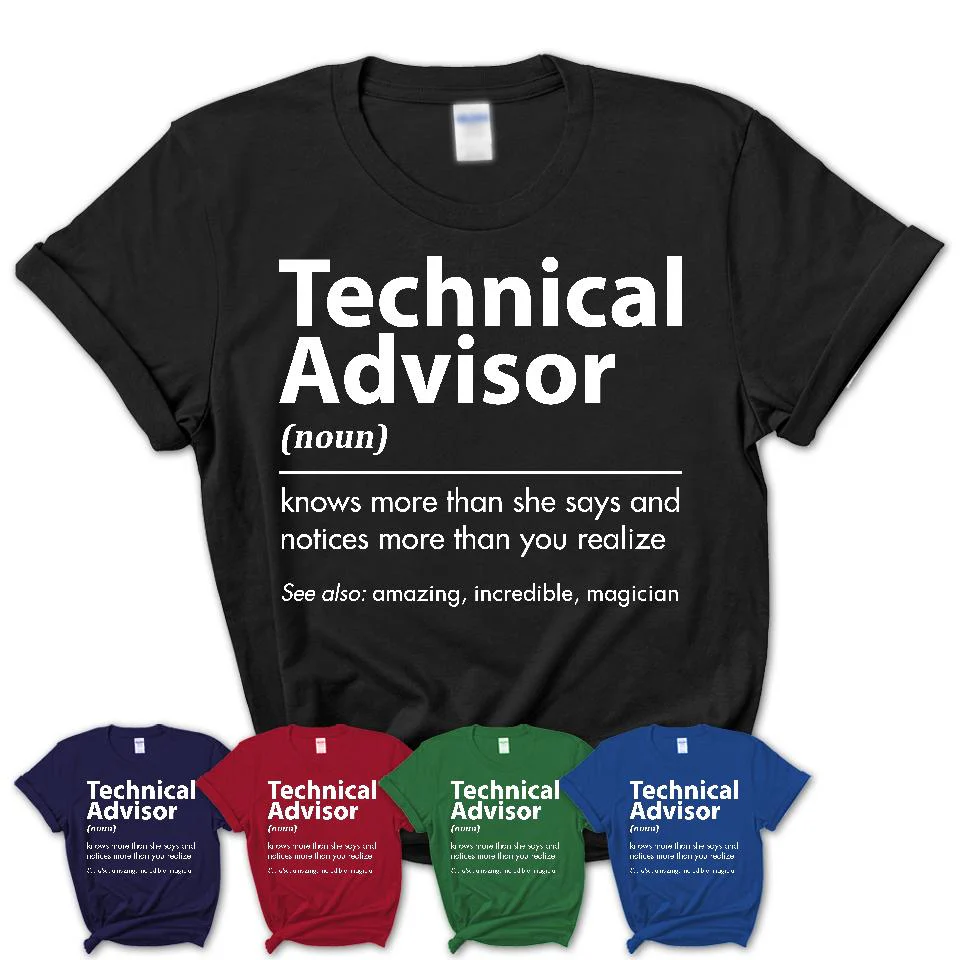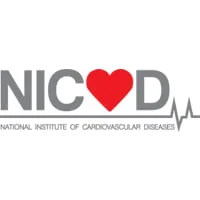Medical Officer Job in NGO Exciting Available
Medical Officer Job in NGO If you’re passionate about making a difference in global healthcare, working as a medical officer in a non-governmental organization (NGO) might be the perfect career for you. NGOs play a crucial role in delivering healthcare services, especially in underprivileged and remote areas. This article will guide you through the ins and outs of being a medical officer in an NGO, from the qualifications needed to the rewards and challenges you might face.

What is a Medical Officer?
Definition and Role
A medical officer is a licensed physician responsible for providing medical care, managing clinical staff, and overseeing medical programs. They ensure that healthcare services are delivered effectively and efficiently, particularly in settings where resources may be limited.
Key Responsibilities
- Medical officers in NGOs are tasked with a variety of responsibilities, including:
- Diagnosing and treating patients
- Managing healthcare teams
- Developing health programs
- Conducting medical research
- Coordinating with other health professionals and organizations
The Importance of NGOs in Healthcare
Brief History of NGOs in Healthcare
Non-governmental organizations have been pivotal in healthcare since the early 20th century, stepping in where governments or private sectors fail to provide adequate healthcare services. They have been instrumental in addressing health crises, such as epidemics and natural disasters.
Impact on Global Health
NGOs contribute significantly to global health by providing essential services, advocating for health rights, and fostering sustainable health practices. Their efforts have led to improved health outcomes in many vulnerable communities worldwide.
Why Work as a Medical Officer in an NGO?
Personal and Professional Benefits
Working in an NGO can be incredibly rewarding. You get the chance to make a tangible difference in people’s lives, often in areas that need it the most. Professionally, you’ll gain a wealth of experience in diverse healthcare settings and develop a broad skill set.
Unique Challenges
The role also comes with unique challenges, such as working in remote locations, dealing with limited resources, and managing complex health issues. However, these challenges often lead to personal growth and a deep sense of fulfillment.
Qualifications and Skills Required
Educational Requirements
To become a medical officer in an NGO, you typically need a medical degree (MD or MBBS) and a valid medical license. Additional qualifications, such as a Master’s in Public Health (MPH), can be advantageous.

Essential Skills and Competencies
- Key skills include:
- Strong clinical skills
- Leadership and management abilities
- Cultural sensitivity and adaptability
- Excellent communication skills
- Problem-solving and decision-making capabilities
Typical Duties of a Medical Officer job in NGO
Daily Responsibilities
Daily duties might include patient consultations, overseeing medical staff, managing health programs, and ensuring compliance with health regulations.
Emergency Response
Medical officers must be prepared to respond to emergencies, such as disease outbreaks or natural disasters, providing critical care and coordinating emergency response efforts.
Work Environment
Typical Settings
Medical officers in NGOs often work in challenging environments, including rural clinics, refugee medical-officer-job-in-ngo camps, and disaster-stricken areas. The work environment can vary greatly depending on the organization’s focus and the region served.
Travel and Field Work
Expect significant travel, often to remote or underserved areas. Fieldwork is a core component of the job, requiring adaptability and resilience.
Career Path and Advancement
Entry-Level Positions
Starting positions may include junior medical officer or assistant roles. These positions offer hands-on experience and exposure to the workings of healthcare in an NGO setting.
Opportunities for Growth
With experience, you can advance to senior roles such as chief medical officer, program director, or even executive positions within the NGO.
Salary and Compensation
Average Salary
Salaries for medical officers in NGOs can vary widely based on the organization, location, and experience level. Generally, they might earn between $50,000 to $100,000 per year, with potential variations.
Benefits and Perks
In addition to salary, benefits often include housing allowances, travel stipends, health insurance, and professional development opportunities.
Success Stories
Real-Life Examples
Many medical officers have made significant impacts through their work in NGOs. For instance, Dr. Jane Smith helped reduce malaria rates in a rural African village by 70% through a comprehensive health initiative.
Impactful Projects
NGOs often spearhead innovative health projects, from vaccination drives to maternal health programs, showcasing the crucial role of medical officers in these successes.
Challenges Faced by Medical Officers in NGOs
Common Obstacles
Common challenges include resource limitations, cultural barriers, and working in high-risk areas. These can be daunting but are often mitigated by the support and resilience of the NGO community.
Coping Strategies
Effective coping strategies include ongoing training, strong support networks, and maintaining a healthy work-life balance. Resilience medical-officer-job-in-ngo and adaptability are key.
How to Apply for a Medical Officer Position in an NGO
Job Search Strategies
Look for job openings on NGO websites, healthcare job boards, and through professional networks. Networking with current NGO professionals can also provide valuable insights and opportunities.
Application Tips
Tailor your resume to highlight relevant experience and skills. Include a compelling cover letter that outlines your passion for global health and your suitability for the role.
Interview Tips for Aspiring Medical Officers
Common Interview Questions
Be prepared to answer questions about your clinical experience, ability to work in challenging environments, and your understanding of the NGO’s mission and values.
Preparing for the Interview
Research the NGO thoroughly, understand their key programs, and be ready to discuss how your skills and experience align with their needs.

Conclusion
Becoming a medical officer in an NGO is more than just a job; it’s a commitment to improving global health and making a lasting impact. While the role comes with its challenges, the rewards—both personal and professional—are immense. If you’re passionate about healthcare and eager to make a difference, this career path might be the perfect fit for you.
FAQs
What are the typical working hours for a Medical Officer job in NGO?
Working hours can vary greatly, often including long hours and on-call duties, especially in emergency situations.
Do Medical Officers job in NGOs receive training?
Yes, NGOs typically provide training to help medical officers adapt to their specific environments and improve their skills.
Can Medical Officers job in NGOs specialize in certain areas?
Yes, many NGOs offer opportunities for medical officers to specialize in areas such as infectious diseases, maternal health, or emergency response.
What are the risks associated with being a Medical Officer job in NGO?
Risks can include exposure to infectious diseases, working in conflict zones, and dealing with limited resources.
How do NGOs support the professional development of their Medical Officers?
NGOs often support professional development through continuous training, opportunities for specialization, and career advancement programs.
Medical Officer Job in NGO: Free Apply Now! 2024 From pakjob.info The Links Are Given Below!




